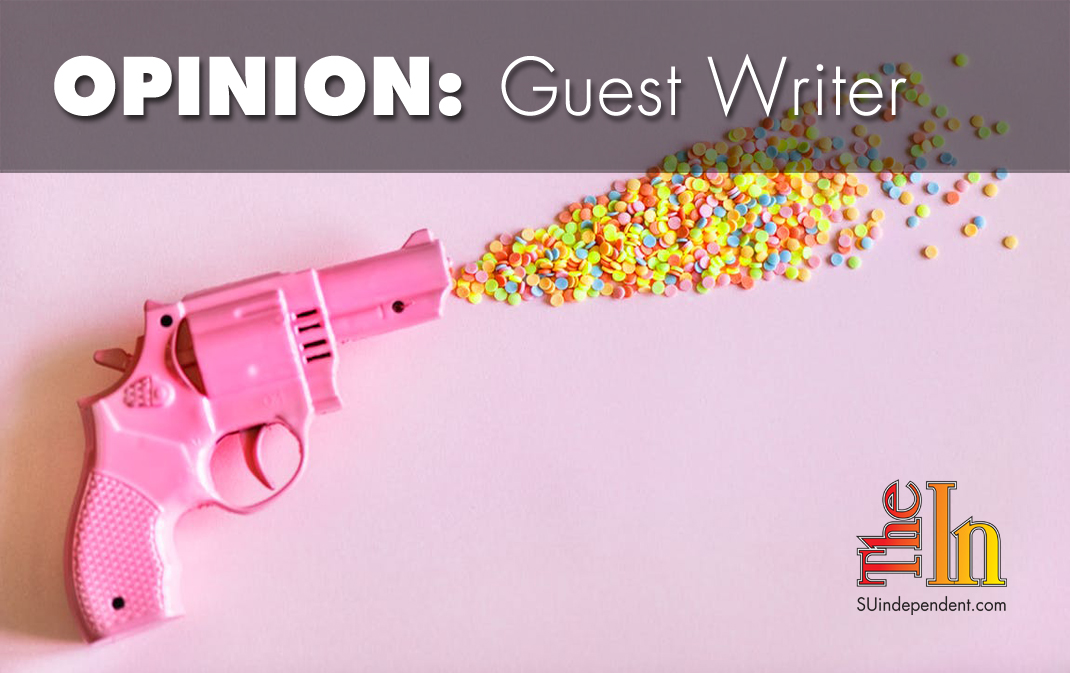
CCHR’s “Psychiatric Drugs Create Violence & Suicide” report a wakeup call on mass violence
By Diane Stein
Mental health watchdog Citizens Commission on Human Rights says the latest Florida shooting by David Katz and the Stoneman Douglas High School shooting in February, are examples of tragedies that were long in the making. Failed psychiatric treatment and programs may have exacerbated both killers’ mental decline; at least one psychiatrist affiliated with Katz surrendered his license to practice in 2009 over immoral conduct with a female patient.
This begs the question: How many more tragedies and lost lives will it take before governments recognize that in addition to any other actions taken the increasing number of reports of psychiatric drug and treatment histories of those committing such crimes must be taken into account?
Two people were killed and 12 more wounded before suspected gunman David Katz (24), from Baltimore, Maryland, took his own life at an e-sports tournament in Jacksonville, Florida. According to divorce records and a CNN report, it is now known that Katz underwent psychiatric “treatment” from at least as early as age 12 and that he was prescribed a number of psychiatric drugs, including antipsychotics and antidepressants. Additionally, a 2006 letter from the father’s attorney reveals that Katz had seen “a succession of psychiatrists.”
A media report also divulged that Katz’s parents fought over using drugs, including Abilify and Prozac, to treat their son. The father said that his son was placed on two antidepressants, which he said at the time “pose significant and unknown risks to the children.” Another report said Katz been prescribed the antidepressant Lexapro.
An autopsy is being performed on Katz, and regardless of whether or not drugs are found in his system, his case — along with Nikolas Cruz — are indicative of the failure of psychiatric “treatment,” especially where drugs and/or psychological behavior modification may have been involved.
“Psychiatric Drugs Create Violence & Suicide: Putting the Community at Risk” shows that since the introduction of antipsychotics in 1955 and the newer selective serotonin reuptake inhibitors, or SSRIs, and antidepressants like Prozac in 1987, both groups of drugs have been linked to violent effects in a percentage of those taking them.
Cited in the report is Harvard Medical school psychiatrist Joseph Glenmullen, who said that “The irritability and impulsivity” from antidepressants, for example, “can make people suicidal or homicidal.” Also cited is Patrick D. Hahn, an affiliate professor of biology at Loyola University in Maryland, who confirms: “The link between antidepressants and violence, including suicide and homicide, is well established.”
However, even once off psychiatric drugs, there are ongoing drug-induced problems including withdrawal effects, especially from benzodiazepines, that can last weeks and sometimes months or years. Benzodiazepine withdrawal symptoms include increased anxiety, perceptual distortions, depersonalization, paranoid thoughts, rage, aggression, and irritability, to name but a few. Post-withdrawal symptoms from antidepressants also “may last several months to years” and include disturbed mood, excessive emotional reactions, frequent mood changes, and irritability, according to a 2012 article in Psychotherapy and Psychosomatics.
At least 27 international drug regulatory agency warnings have been issued on psychiatric drugs being linked to mania, psychosis, violence, homicidal ideation, aggression, and hostility.
The FDA’s Adverse Event Reporting System has at least 1,530 cases of homicide/homicidal ideation reported to it as linked to psychiatric drugs. The FDA admits that only 1–10 percent of drug side effects are reported to its MedWatch program. Taking a moderate five percent, then, the potential number of reported incidents could be as high as 30,620. A percentage of those could be driven to commit violent crimes.
State and federal governments need to at least investigate the mounting evidence that psychiatric treatment and its failure has had something to do with a large percentage of the acts of senseless violence we are witnessing today.
Individuals concerned with the link between violence and drugs send a copy of “Psychiatric Drugs Create Violence & Suicide: Putting the Community at Risk” to their legislative representatives, calling for an investigation.
Diane Stein is president of the Citizens Commission on Human Rights of Florida.
The viewpoints expressed above are those of the author and do not necessarily reflect those of The Independent.
How to submit an article, guest opinion piece, or letter to the editor to The Independent
Do you have something to say? Want your voice to be heard by thousands of readers? Send The Independent your letter to the editor or guest opinion piece. All submissions will be considered for publication by our editorial staff. If your letter or editorial is accepted, it will run on suindependent.com, and we’ll promote it through all of our social media channels. We may even decide to include it in our monthly print edition. Just follow our simple submission guidelines and make your voice heard:
—Submissions should be between 300 and 1,500 words.
—Submissions must be sent to editor@infowest.com as a .doc, .docx, .txt, or .rtf file.
—The subject line of the email containing your submission should read “Letter to the editor.”
—Attach your name to both the email and the document file (we don’t run anonymous letters).
—If you have a photo or image you’d like us to use and it’s in .jpg format, at least 1200 X 754 pixels large, and your intellectual property (you own the copyright), feel free to attach it as well, though we reserve the right to choose a different image.
—If you are on Twitter and would like a shout-out when your piece or letter is published, include that in your correspondence and we’ll give you a mention at the time of publication.
Articles related to “CCHR’s ‘Psychiatric Drugs Create Violence & Suicide’ report a wakeup call on mass violence”
Rep. Stewart’s National Suicide Prevention Hotline Improvement Act signed into law



